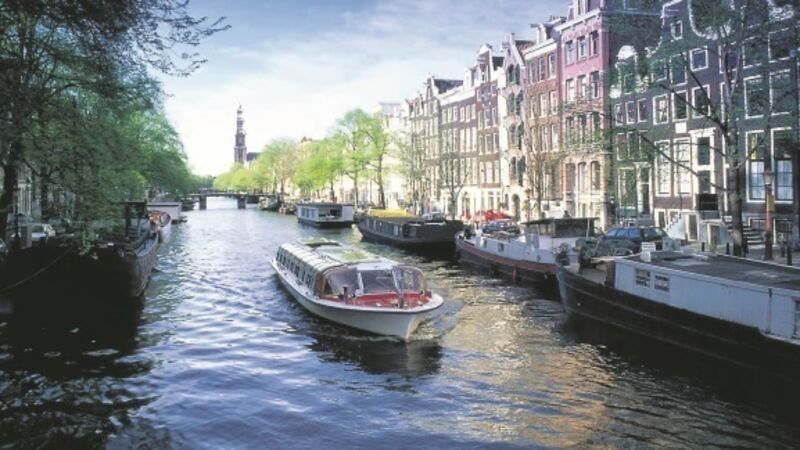Amsterdam faces first-world financial dilemma in wake of Brexit

AMSTERDAM has a history of enticing foreign entrepreneurs with financial incentives. At the start of its golden age in the 17th century, the city used public funds to bring glassblowers from Venice, artisans making gilded leather wall hangings from Antwerp and hatters from France.
And when the Dutch Republic captured two Portuguese silk ships, the city offered Lisbon merchant Manuel Rodrigues de Vega 120,000 guilders to set up shop because “it was anxious not to miss out on yet another lucrative trade,” according to Geert Mak’s Amsterdam: A Brief Life of the City.
















